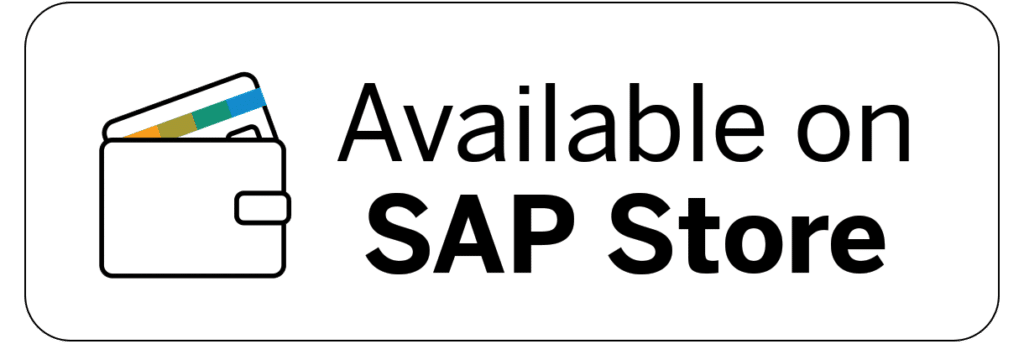In today’s interconnected digital world where cyber security must stand as a critical priority, it’s more important than ever for Enterprises to choose secure and compliant vendors.
It’s no question you would never want to face a situation when one of your critical vendors experiences unavailability issues affecting your business. Or a ransomware incident causing an “out of business” situation, resulting in complete chaos on your production lines. Or a data breach exposing your employees’ sensitive data.
Evaluating Vendors With a Security Assessment
There are 2 main options for evaluating the security posture of a candidate (or existing third-party) vendor:
1. During the pre-sales phase, a security assessment through a questionnaire takes place. This is an initial evaluation leading to a sign-off or a block from the Infosec Department of your organization. Some things to note:
- A drawback of this approach is the fact that questions can sometimes get answered unclearly or in a way that the complete picture is well hidden.
- Another important issue of this method is the time needed to complete a security evaluation if you consider additional clarifications and back-and-forth communications which are very common during this process.
- It’s important to note, what happens when you must run multiple security evaluations in parallel due to high demand for buying new software. How can you accomplish these efforts timely, especially when you can allocate only limited human resources?
2. The second option is during the after-sales period when you will make an (at least) annual third-party vendor assessment to check the status of their security posture.

Again, this process needs important resources, and if your organization is huge, you will probably utilize more than 100 software vendors. It is easy to imagine the overhead you will face.
Add this to the fact that you may also have very old vendors while back then the security evaluation was not a standard company process.
As an alternative solution, companies sometimes utilize third-party services from well-known auditing firms. However, considering the total number of vendors, the budget needed to take this on has the potential to be enormous!
Inevitably, you might ask: “Is there another solution that could do the work”?
The answer is an outstanding “YES.”
Choosing a SOC 2 Compliant Vendor
Request a SOC 2 Type ΙΙ Report or similar (ie: ISO: 27001) from your vendor can assure you in terms of security and compliance that you’re doing business with a reliable vendor. A SOC 2 compliant vendor has been audited for multiple controls from a third-party independent auditing firm, usually in at least 3 of the 5 total SOC 2 trust service principles: security, availability, confidentiality, privacy, and processing integrity.
SOC 2, aka Service Organization Control Type 2, is a cybersecurity compliance framework developed by the American Institute of Certified Public Accountants (AICPA). The primary purpose of SOC 2 is to ensure that third-party service providers store and process client data in a secure manner.
At Indeavor, securing Customers’ data is a top priority. Since December 2022, Indeavor is the workforce management and people operations SOC 2 Type II compliant vendor you can trust for your business.
Click here for more information on our commitment to security and compliance. To learn more about how Indeavor can help your business, book a demo or give us a call today!







